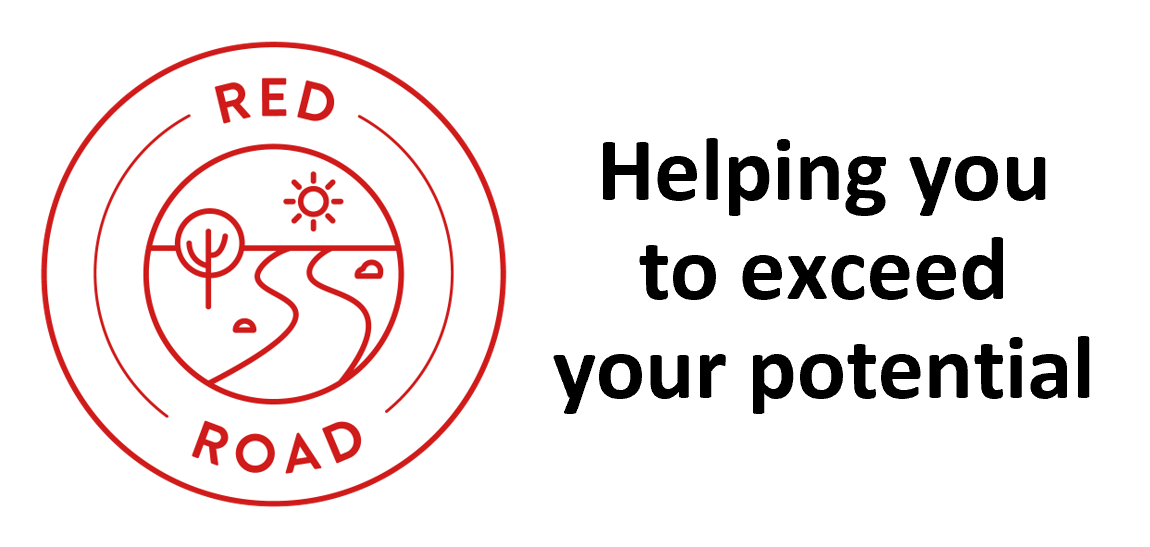Choosing the right coach
An increasing number of people and businesses are turning to coaching as a way to help them find answers to questions. Multiple sources cite feedback that coaching increases self-confidence, improves work performance, creates more effective communication skills and pays back in terms of ROI.
Of course, when a company or individual decides that they would benefit from coaching, this opens up yet another question on their already long list - how to identify the right coach to work with?
Here are four areas to consider in choosing the right coach for you.
1) Trust. The coaching-client relationship is an intense one, where confidential information and thoughts are shared. Take the time to talk to some coaches and identify the one who you will feel create the safe environment where you will feel most comfortable sharing personal information.
2) Neutrality. Key to successful coaching is a degree of distance. Ideally the coach should have no prior knowledge of the issue and no vested interest in the outcome of the coaching beyond helping the client to find solutions. Coaching by a friend of family member is discouraged, so be prepared to look beyond your close network.
3) Experience. This can work both ways. There are occasions where the coach having prior experience in the area being discussed can be beneficial, other times when a complete lack of knowledge is preferable. I have successfully coached people from the world of advertising where I have lots of knowledge and people in the armed forces, where I have none. Again, talking to a range of coaches will help you make the decision that is best for you.
4) Specialisms. Most coaches have a core area of specialism which could be based on business experience, wellbeing, career transformation or a host of other niche areas. Having spoken to some coaches, take the time to reflect on your overall needs and whether this type of specialist focus is right for you.
As coaches we are business people, mostly looking to take on new clients so naturally will be selling our services. Reputation is key, so taking on clients where we believe we can a genuinely help is critical.
A good coach will be able to identify when there is a strong match with a client and should be able to refer other coaches if there is no compatibility. Make sure to ask the coach about clients they have decided not worked with as well as clients they have.

